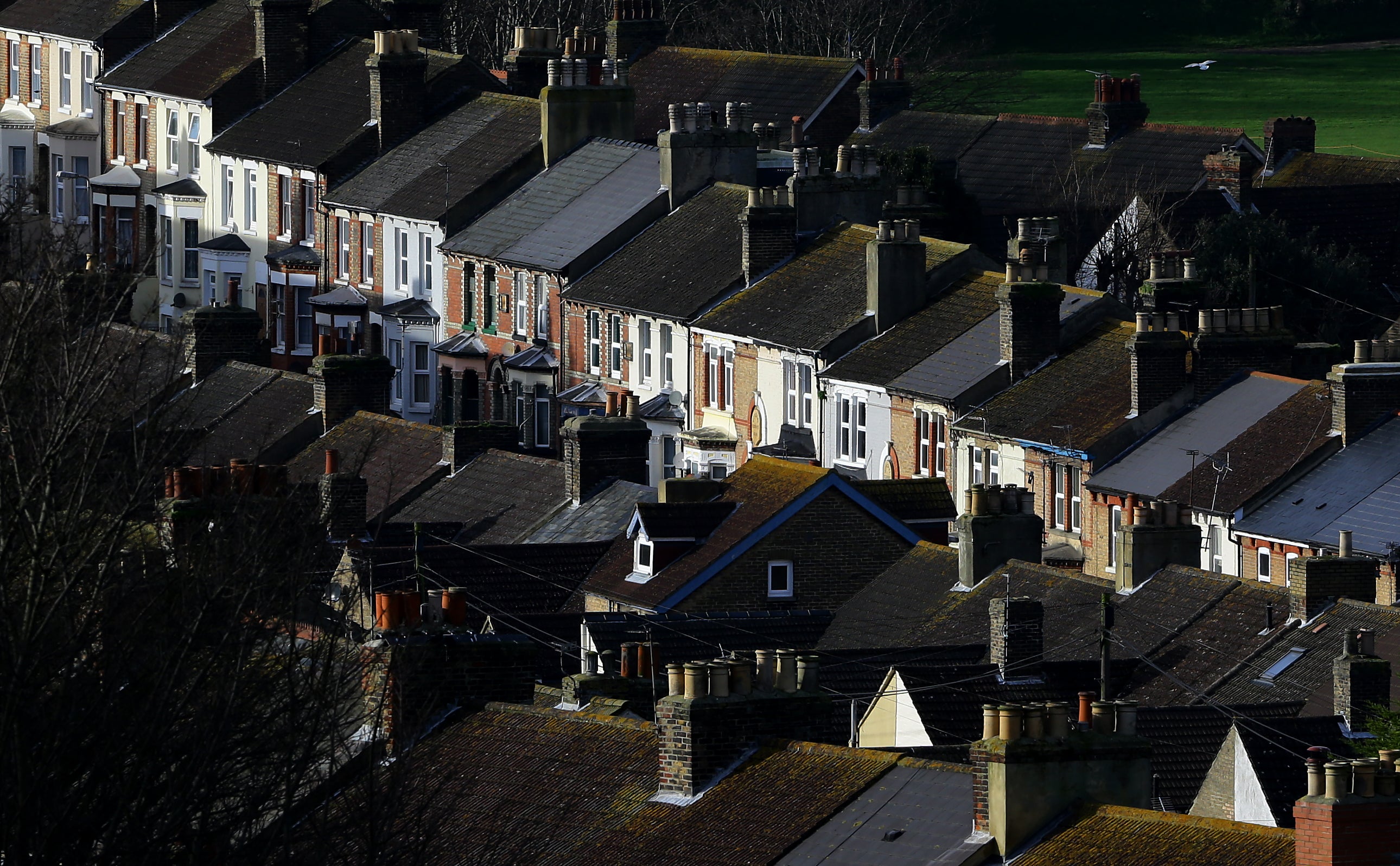Mortgage borrowing fell back in April after original stamp duty holiday deadline
People borrowed an additional £3.3 billion secured on their homes, following a record £11.5 billion in March, the Bank of England said.

Your support helps us to tell the story
From reproductive rights to climate change to Big Tech, The Independent is on the ground when the story is developing. Whether it's investigating the financials of Elon Musk's pro-Trump PAC or producing our latest documentary, 'The A Word', which shines a light on the American women fighting for reproductive rights, we know how important it is to parse out the facts from the messaging.
At such a critical moment in US history, we need reporters on the ground. Your donation allows us to keep sending journalists to speak to both sides of the story.
The Independent is trusted by Americans across the entire political spectrum. And unlike many other quality news outlets, we choose not to lock Americans out of our reporting and analysis with paywalls. We believe quality journalism should be available to everyone, paid for by those who can afford it.
Your support makes all the difference.Mortgage borrowing fell back in April from a record high the previous month, according to the Bank of England.
People borrowed an additional £3.3 billion secured on their homes, following a record £11.5 billion in March.
April’s figure was also lower than the recent £5.7 billion monthly average borrowed in the six months to February 2021.
The Money and Credit report said that despite weaker net lending, both gross lending and repayments remain above levels seen since the start of 2020.
It said: “The recent variability is likely to reflect the temporary stamp duty tax, which was initially expected to end in March, but has now been extended to the end of June.”
The drop-off is likely explained by the original stamp duty exemption deadline, which was originally expected to conclude in March, but has now been extended to June
In a sign of future lending, the number of mortgage approvals made to home buyers increased in April, to 86,900, from 83,400 in March.
The figure is lower than a recent peak of 103,400 in November, but the numbers have remained relatively strong, the Bank said.
Nitesh Patel, strategic economist at Yorkshire Building Society said: “The amount people collectively borrowed to buy houses dropped to £3.3 billion in April, to around a third of the record £11.5 billion in March, but still remains higher than pre-pandemic levels.
“The drop-off is likely explained by the original stamp duty exemption deadline, which was originally expected to conclude in March, but has now been extended to June.
“A more accurate measure of market conditions and activity is the volume of mortgage approvals – this figure reached 86,900 in April, a slight increase on 83,400 in March.
“This contrast demonstrates that buyers were keen to push through higher value transactions ahead of the stamp duty deadline, to ensure they could benefit from the discount.
“The rush to beat the June deadline continues to fuel demand and we expect June to be another big month, but after that we expect the market to cool as the tax relief is reduced from £500,000 to £250,000.
“This is likely to impact demand in high value areas such as the South East.
“Further slowdown in activity is expected when the tax saving is removed altogether at the end of September.
“However, current activity is also being driven by buyers re-evaluating their housing needs, particularly for more space in less densely populated areas, which we believe will continue to be a driver for house purchases after the June and September deadlines.”
Approvals likely will remain at a high level in the next couple of months
Samuel Tombs, chief UK economist at Pantheon Macroeconomics said: “Mortgage approvals recovered in April from March’s dip, in response to the lifting of lockdown measures and news that the stamp duty land tax holiday had been extended.
“Approvals likely will remain at a high level in the next couple of months.”
Households also collectively made a £377 million net repayment in consumer credit in April.
Consumer credit includes credit cards, personal loans and overdrafts.
The net repayment in April was driven by people paying back their credit card debts.
People have been making significant net consumer credit repayments since the UK coronavirus lockdowns started in March 2020.
April’s net repayment was, however, lower that the average £1.7 billion paid back per month over the past year.